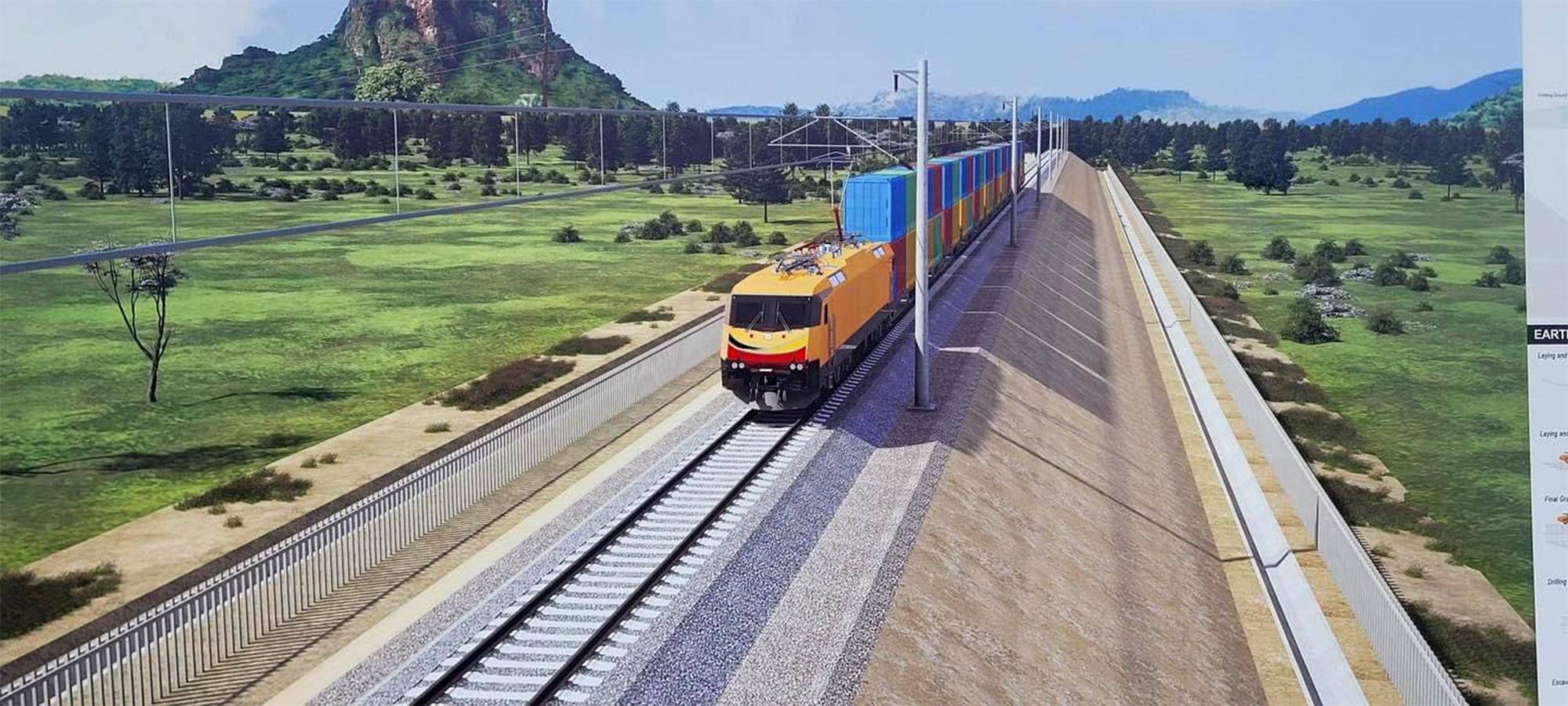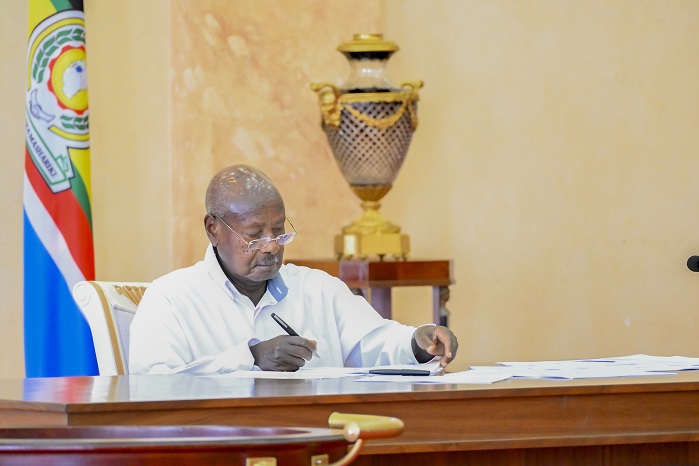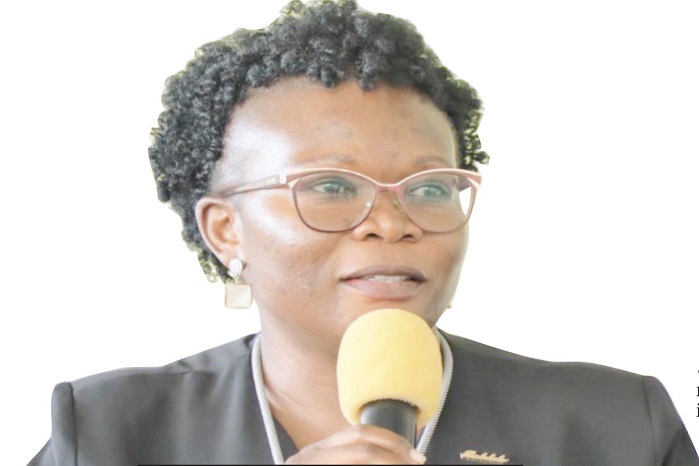
The Ugandan version of the SGR
HABARI DAILY I Kampala, Uganda I The ministry of Works and Transport has partnered with the SGR secretariat to organise first SGR National Content Symposium to enable Ugandan suppliers tap into the opportunities brought by the multi-billion dollar project.
The symposium, which is set for Friday, 29th August 2025 at Speke Resort Munyonyo, is an open invitation to the local suppliers to participate in the execution of the project. It will be officially opened by General Edward Katumba Wamala, the minister of Works and Transport.
Canon Eng. Perez Wamburu, the SGR project coordinator, said that the symposium will run under the theme: “Unlocking Local Potential through Modern Rail Infrastructure.”
Addressing journalists at the Uganda Media Center today, he said that the intention of the symposium is to prioritise the use of Ugandan goods and services and to enable the private sector and citizens to actively participate in SGR development, operations and maintenance, under the national Content Strategy.
“National content is premised through areas of participation for locals such as suppliers of cement, steel, earthen materials (aggregates, sand, ballast, and gravel,” he said.
He mentioned other areas as labour – skilled, semi and unskilled, services [legal, communication, financial services, security services, equipment leasing/construction, logistics, clearing and forwarding, tourism and hospitality, medical and health services]. Among others.
Wamburu further noted that pushing the National Content agenda also targets skills development through training, educational partnerships, job opportunities, technology transfer and enterprise development by enhancing supplier capacity, access to finance and business clinics.
Dr Richard Sendi, the SGR head of Planning and Strategy said that construction of the long awaited 273-kilometre section of the SGR from Malaba, on the Kenyan border, to Kampala, is expected to kick off in March 2026.
He noted that whereas the total cost of the entire project will amount to Euro 2.7b, 40% of this amount, which totals to sh4.3 trillion will remain in the local economy.
“In addition to labour, the contractor will also obtain inputs such as cement, sand, stones and in some cases, steel, locally. This will boost the local economy and add value to local manufacturing outfits,” he said.
Regional railways network
The Uganda SGR, which will constitute a network of 1,724 kilometers is set to link Uganda with East African Community partners Kenya, Tanzania, Rwanda, Burundi, the Democratic Republic of Congo, and South Sudan.
Wamburu disclosed that following the release of the Euro 75m by the Uganda Government through the ministry of finance, the contractor, Yapi Merkezi is already on the ground and has commenced preliminary works.
He added that the contractor is currently conducting geotechnical surveys, topographic surveys, material site identification, and setup of a campsite, concrete yard and batching plant.
“They are also establishing a railway sleeper factory along the corridor, with the capacity to produce 150-200 concrete sleepers per day,” he said.
Wamburu said that compensation of the project affected people has hit 80%, giving the contractor right of way and enabling him to commence with preliminary construction work.
“Out of the 12 districts traversed by the railway corridor, land acquisition has now reached Buikwe – the ninth district from Tororo,” he said, adding that valuation reports for Mukono, Wakiso and Kampala are currently the Chief Government Valuer awaiting approval.
Reduction in cost of doing business
Erection of the SGR will result into huge dividends to the local economy, according to experts.
Dr Ezra Rubanda Muhumuza, the executive Director of the Uganda Manufacturer’s Association (UMA) said that it will significantly reduced freight and passenger transport costs and times, and increased competitiveness through enhanced supply chains.
He said it will also lead to job creation during the construction phase, improved safety and reliability of transport, environmental benefits from a shift from road to rail.
“This will boost the regional integration campaign, in addition to the transfer of technical skills to the local workforce.
Charles Ocici, the Enterprise Uganda Executive Director, said that the SGR will transform Uganda from a landlocked country into a logistics hub, fostering economic growth and attracting investment.




